Suzanne Evans: A Mother’s Grief and Growth Through Loss
Suzanne Evans reached out to ResilientStories with a heartfelt invitation to share her transformative journey. In 2018, a solemn visit from the police at her farm announced the tragic loss of her son.
By embracing positive psychology and well-being, she became a beacon of hope. Now, she educates and inspires through her work as a certified trainer.
Suzanne Evans’ book, Grief, is a tribute to Muzz and a lifeline to those navigating the tumultuous seas of loss. It offers strategies that guided her back to life, a testament to the power of choice in the healing process.
Suzanne Evans’ story reminds us that after traumatic grief, we can emerge with a renewed purpose to support. ResilientStories is honored to feature her compelling narrative and insights, bringing her message of resilience and recovery to our community.
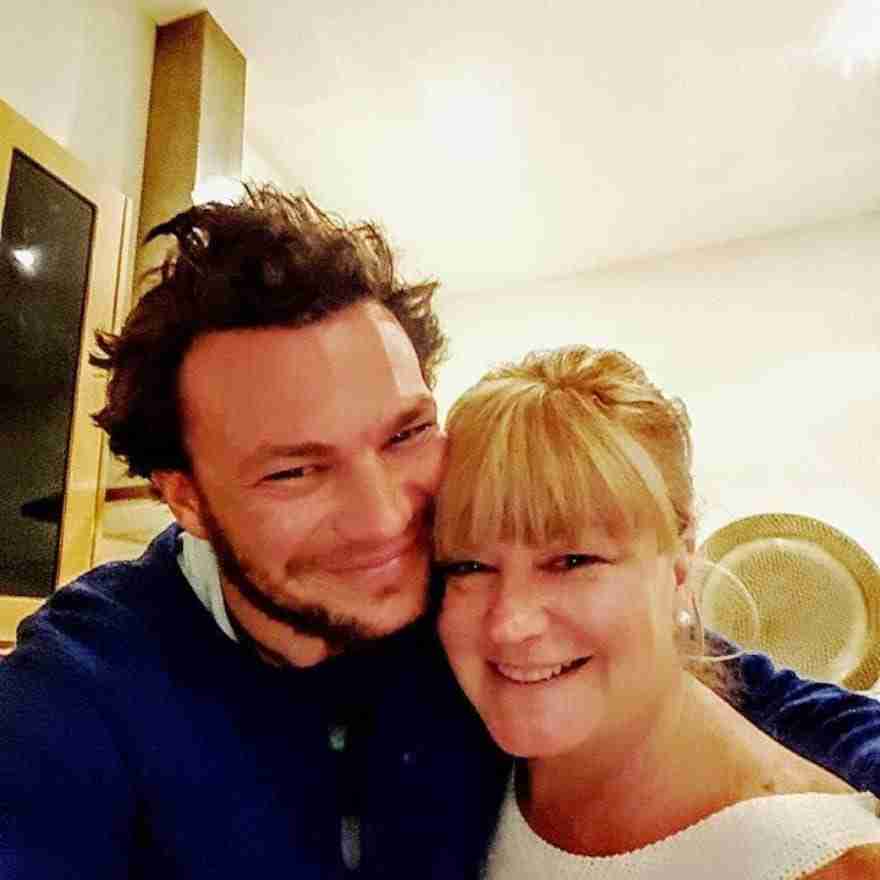
Suzanne Evans and Her Resilient Story
This is my story of grief. In 2018, I lost my only child in sudden circumstances.
My son, Muzz, took his own life two months before his 30th birthday. It was like two almighty tragic blows. The gut wrenching grief I still experience to this day has changed me deeply.
Grief is a fact of life, and yet it too often catches us off guard. I wrote my book Grief, the first chapter of which you’ll find below, to honour my son’s legacy and to share the knowledge with you that I wish I had known along the way.
After I lost Muzz, I found it difficult to find any information that resonated with me. I felt deeply lost and alone. Even though I had so much love and support around me, it was a loneliness that was difficult to articulate.
Along the way, in my search for some kind of sense and meaning, I started journaling. Writing my thoughts down helped me heal, so I kept going and finally just decided to collate these thoughts into a book in the hope that it may help someone else with navigating their grief.
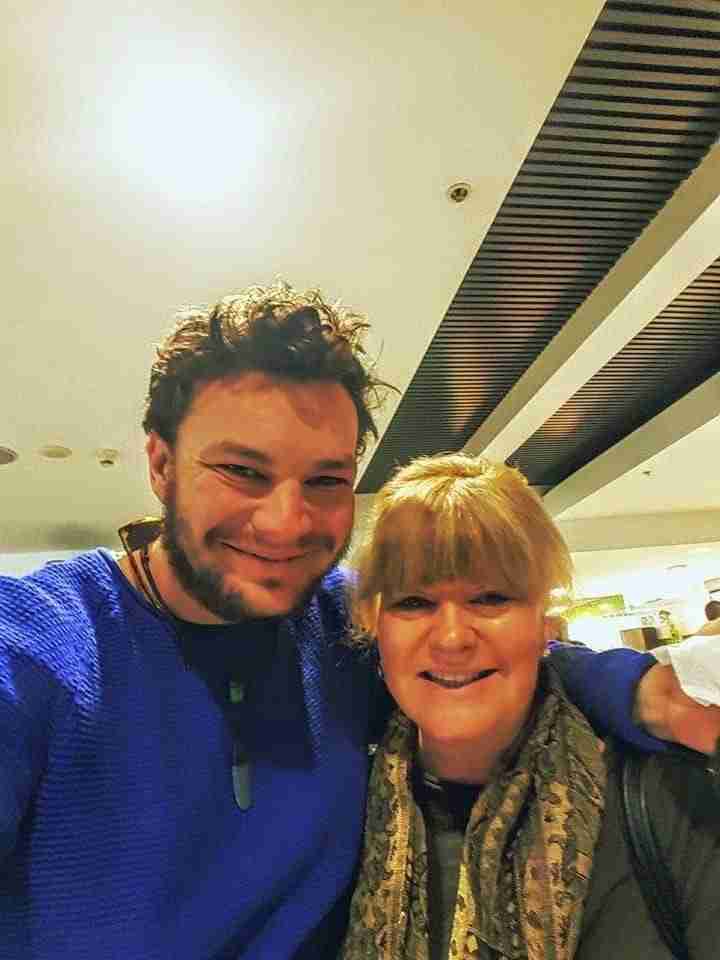
How Suzanne Evans Went On After Losing Muzz
After I lost Muzz, my journey to find my meaning and purpose in my life took a direction into healing, and along the way, I learned and developed an understanding that our emotions are all valid. Understanding how the brain, body, and emotions are all linked allowed me to know how to manage my behaviour and reactions to my emotions more effectively through studying positive psychology and well-being.
This awareness, along with my studies, has helped me cope with my grief immensely. Through that, I developed a deep passion for helping people learn how to be the best versions of themselves. So much so that I became a certified facilitator, trainer, and coach in positive psychology and wellbeing and mental health first aid. I have also studied neuro-linguistic programming.
Walking the path of grief is difficult. This is the book I truly needed when my son Muzz died. I wanted a book that helped me feel understood, a book that is easy to read on a plane or keep by the bedside table and pick up repeatedly when I felt alone.
I have written this book in everyday language to help make sense of grief and help you learn how to put one foot in front of the other each day. My hope is that it can also help you understand someone who is going through grief.
Grief is a fact of life. We will all lose someone we love at some point in our lives. But how do we handle it? How do we cope? How do we realise we are not alone in our grief?
I hope this helps you.
Suzi Evans
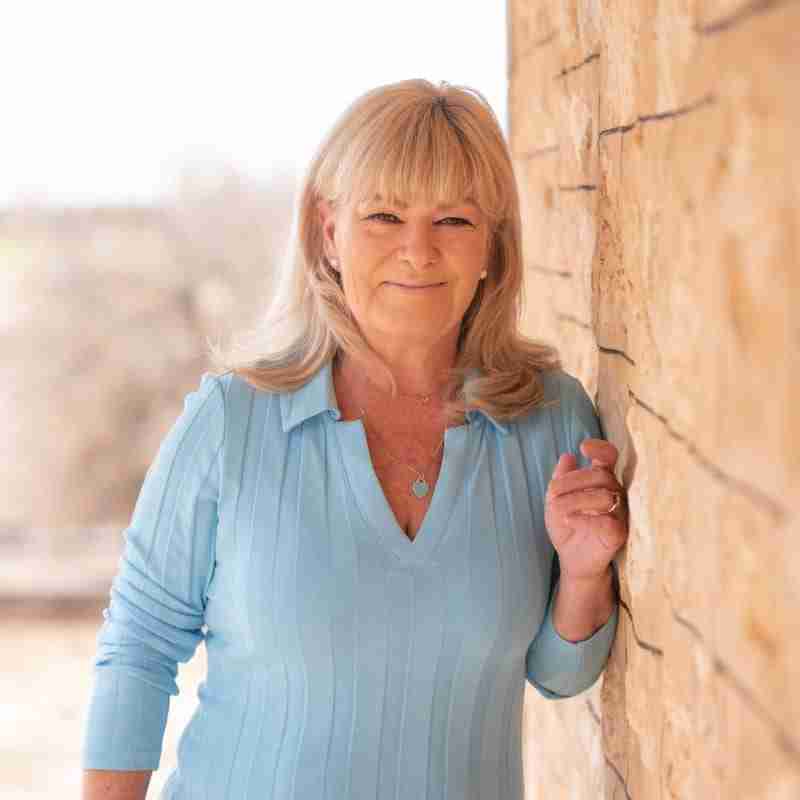
Excerpt – Shock
‘Our children live or die with or without us. No matter what we do, no matter how we agonize or obsess, we cannot choose for our children whether they live or die. It is a devastating realization, but also liberating. I finally chose life for myself.’ – David Sheff, Beautiful Boy
Monday, January 8, 2018
It was a typical hot dry Mallee summer’s day. My husband, Mick, had done his usual check of the sheep and water in the morning and then called it a day early in the afternoon. Moments after we finished our dinner, we heard the dogs barking and realised a vehicle was approaching the farmhouse.
I went and looked out and saw a police car pulling into the driveway. I was confused, and said to Mick, ‘it’s the police, but it’s after 7 o’clock?’
The Policeman
I thought they must have been coming to do a random farm gun check as we had heard news of these happening on other farms in the area at the time. I was in my nightie so I stayed in the house while Mick went out to speak to the policeman.
They spoke for a while, and I began to get curious. I threw some clothes on and went out to see what was happening. The policeman was in the patrol car and Mick was standing back, looking not quite himself. He had one arm folded and was holding the other hand up to his face . I stood out under the pergola, just watching, to try to figure out what was happening.
The policeman got out of the vehicle slowly. He didn’t go to the shed to check the guns like I expected, but instead he started to walk towards me. I didn’t understand what was happening.
A Conversation No Mother Wants to Have
‘Suzi?’ The policeman enquired.
I responded with, ‘yes’.
‘Your son is Murray James Chesser?’
‘Yes.’ I swallowed.
Something Was Wrong
I started to get a bad feeling in the pit of my stomach. I felt like the policeman was talking around me. Like I wasn’t there. I was lost in my thoughts, not knowing if what was happening was real or not. The policeman even confirmed Muzz’s date of birth with me, the 3rd of March 1988.
‘Have you been contacted by someone else?’ he asked.
‘No.’
He told me there had been an incident and Murray had passed away—that he allegedly had taken his own life.
In that moment, I froze. My feet felt like concrete, I didn’t know what to say or do.
I swallowed and said, ‘okay’ as I tried to process.
Poor Mick had been told that Muzz had died, but he wasn’t allowed to tell me as the police had to—this was why he stayed outside for so long.
What a horrible experience for him.
The policeman said that they prefer to deliver this kind of tragic news in person, not over the phone and that is why the police station nearest to the incident, Jimboomba, had contacted the Waikerie police station to come and see me.
I really can’t remember much of what happened next—all the things you hear and read are true. It was like an out-of-body experience or a movie playing in very slow motion. I don’t know what I thought or felt.
The policeman and Mick spoke about who Mick had to contact and what to do from there, then the policeman left, and Mick and I went inside and sat at the kitchen table.
‘I will never have grandchildren,’ was the first thing I said.
I don’t know why I said that. It just came out.
My Husband Was By My Side
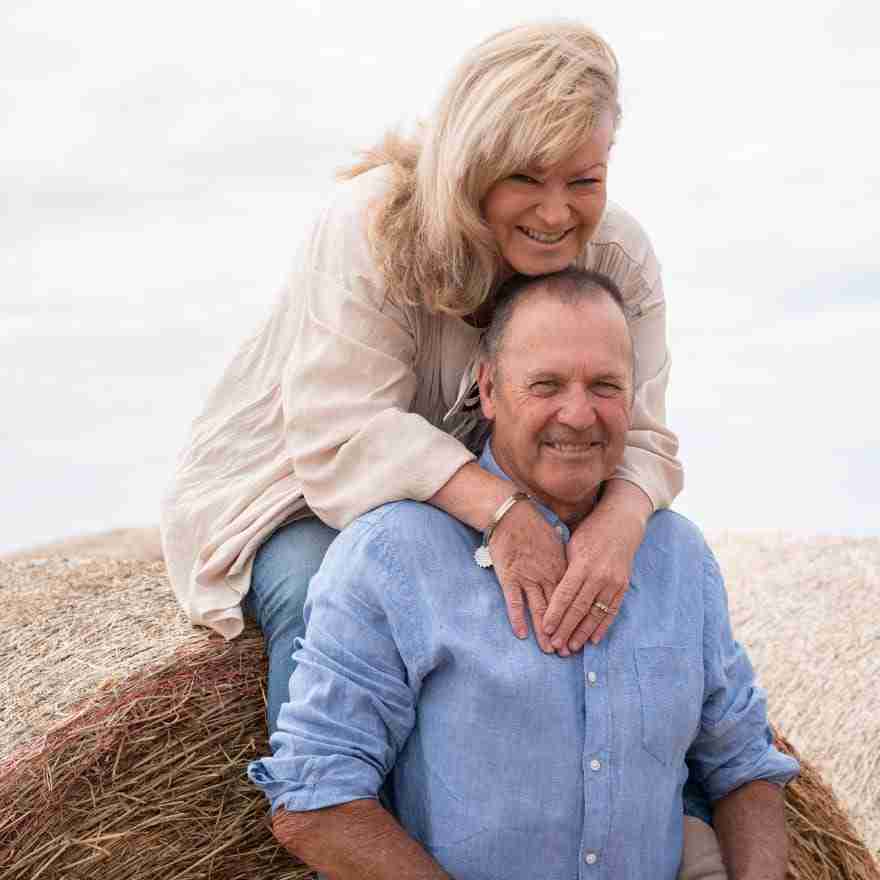
Mick was unbelievable—my absolute rock. He phoned my younger brother to tell him of the horrific news and asked him to let our parents know. My brother also had to let his own family know that Muzz had died. What a horrific experience for him to have to deliver that news.
Mick said, ‘Come on,’ and grabbed me by the hand. He took me up to where Muzz’s dog, Milly, was buried, and we stood there for a while in silence. He said he didn’t know what to do and that going to see Milly was all he could think of.
When we came back, there were messages on the answering machine from both my mum and dad and my older brother. I couldn’t talk to anyone. I was in total shock.
For most of us, grief catches us by surprise. I personally hadn’t experienced much grief in my early years—my only real recollection was at the age of around 12, with the loss of our family Labrador Cindy.
I remember lying with my head on her back in the back of our ute, feeling so sad that we were going to say goodbye. This disbelief and emptiness were my first encounter with the shock of grief.
A Pain Like I Had Not Known Before
I particularly resonate with the way Mary Frances O’Connor explains that no one can know what it is going to be like to walk through the world without the person they have lost. She has studied grief from the brain’s perspective, and in her book The Grieving Brain, she describes grief as a heart-wrenching, painful problem for the brain to solve.
Her perspective is that grieving is a process of you trying to learn to live in the world with the absence of someone you love deeply who was ingrained into your life and your world.
This is why the grief journey is so confusing to navigate. It’s because the brain is literally trying to figure out where this person is now in our day-to-day life. The person lives on inside our memory, and as such, the habits, the triggers, and the associations we have with this person are still active in our brains and emotions.
The incredible resource, the Beyond Blue website, provides a lot of insight into understanding grief. They share the idea that the more significant the loss, the more intense the grief is likely to be.
Grief really does have no set pattern. Everyone experiences grief differently. Some of us may grieve for weeks and months, while others may describe their grief as lasting for years.
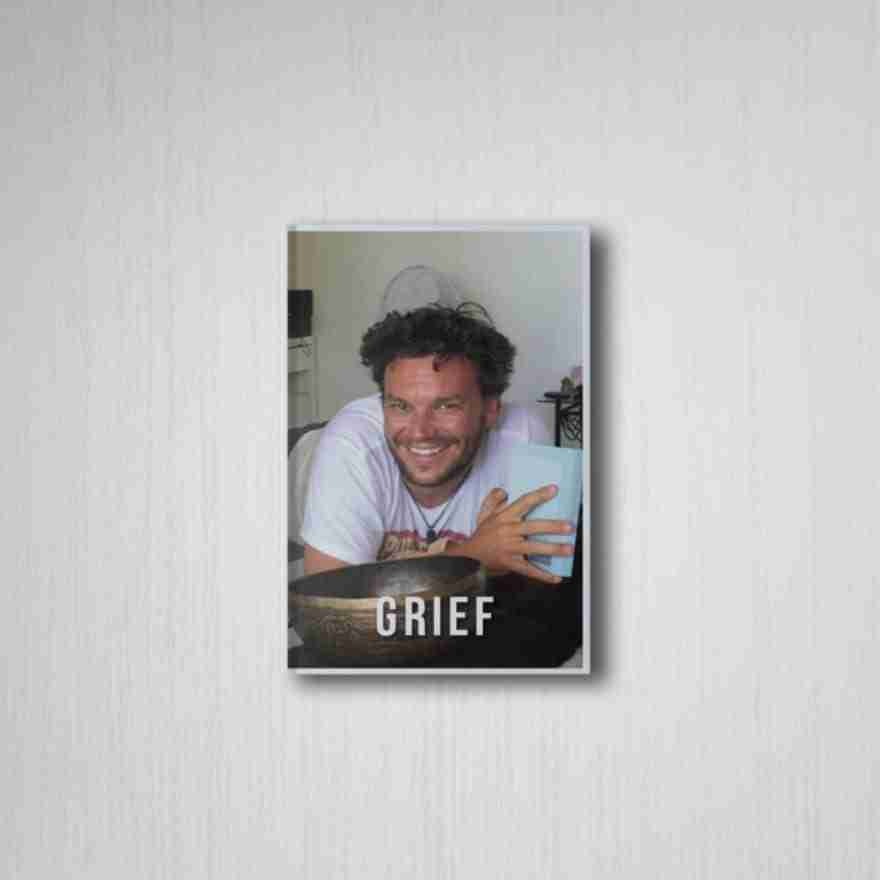
A Reflection Activity From Suzanne Evans
Suzanne Evans encourages you to pause for a moment and breathe and reflect upon your own personal first encounter with grief or the loss of a loved one or pet. What age were you? What did you feel? How did you process the shock?
Suzi Evans is a mental health first aid trainer, a positive psychology facilitator, author, and the founder of KAIZEN Business Support.
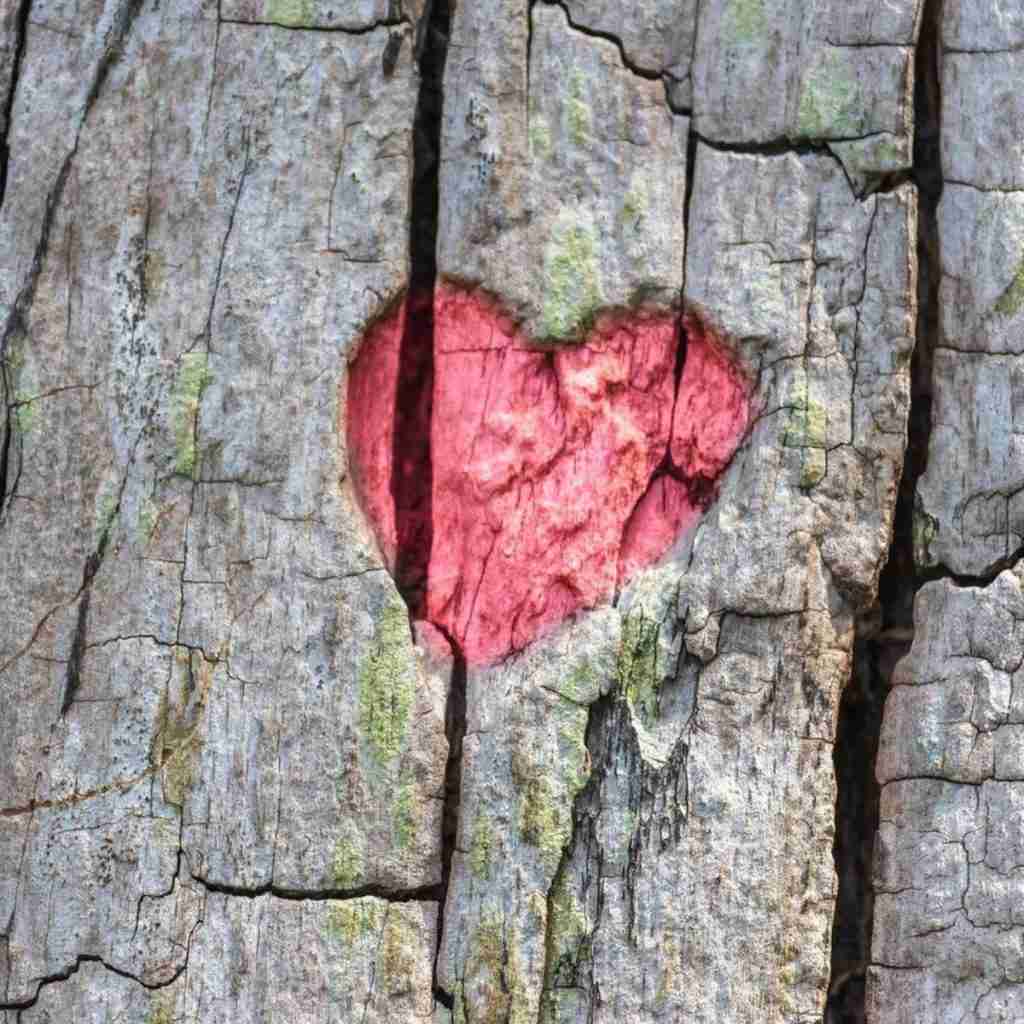

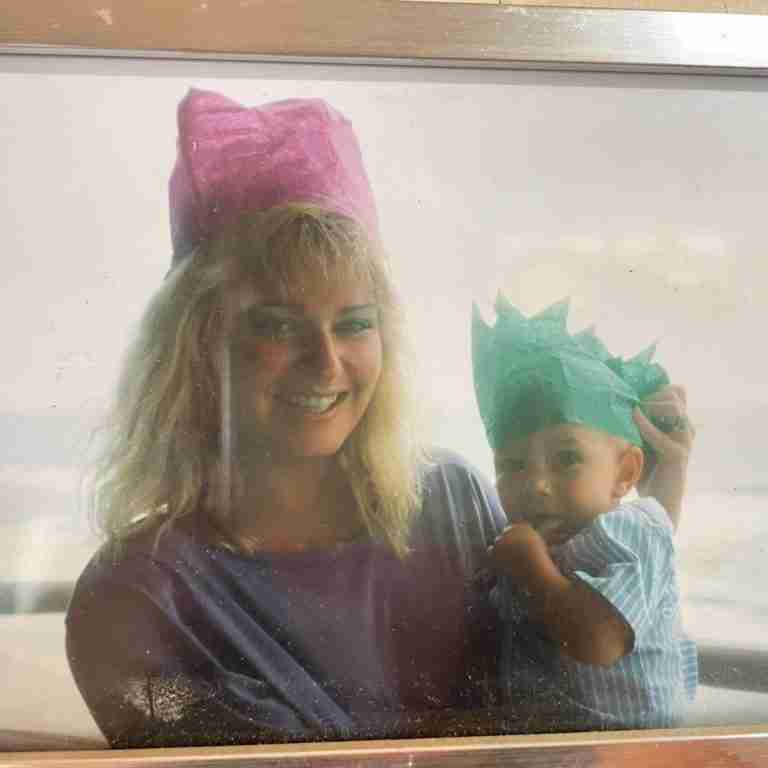
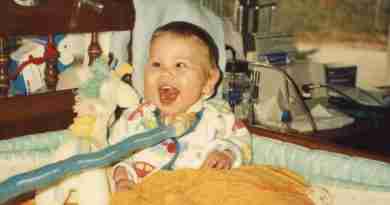


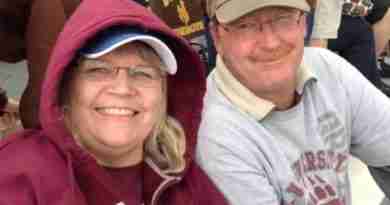

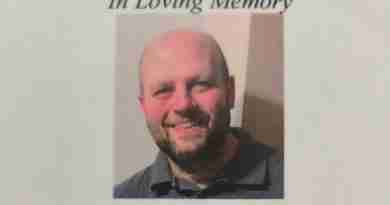

My friend has lost her daughter and it was a total shock to her and the family. I can’t imagine the pain she is going through, it’s a Mother’s worse nightmare. This helped me think through how I might support her.
Losing a child is just incomprehensible. There is nothing anyone can say or do and most of us want to say and do something helpful.
My heart just breaks for everyone who has had to live through this loss. We are glad you found this story to be helpful, and thanks for taking the time to leave a comment.
I can not imagine as a parent the pain.
What a heartbreaking path you have walked upon. My extended gratitude for having had the strength to share it .
Thank you for sharing this painful but powerful testimony.